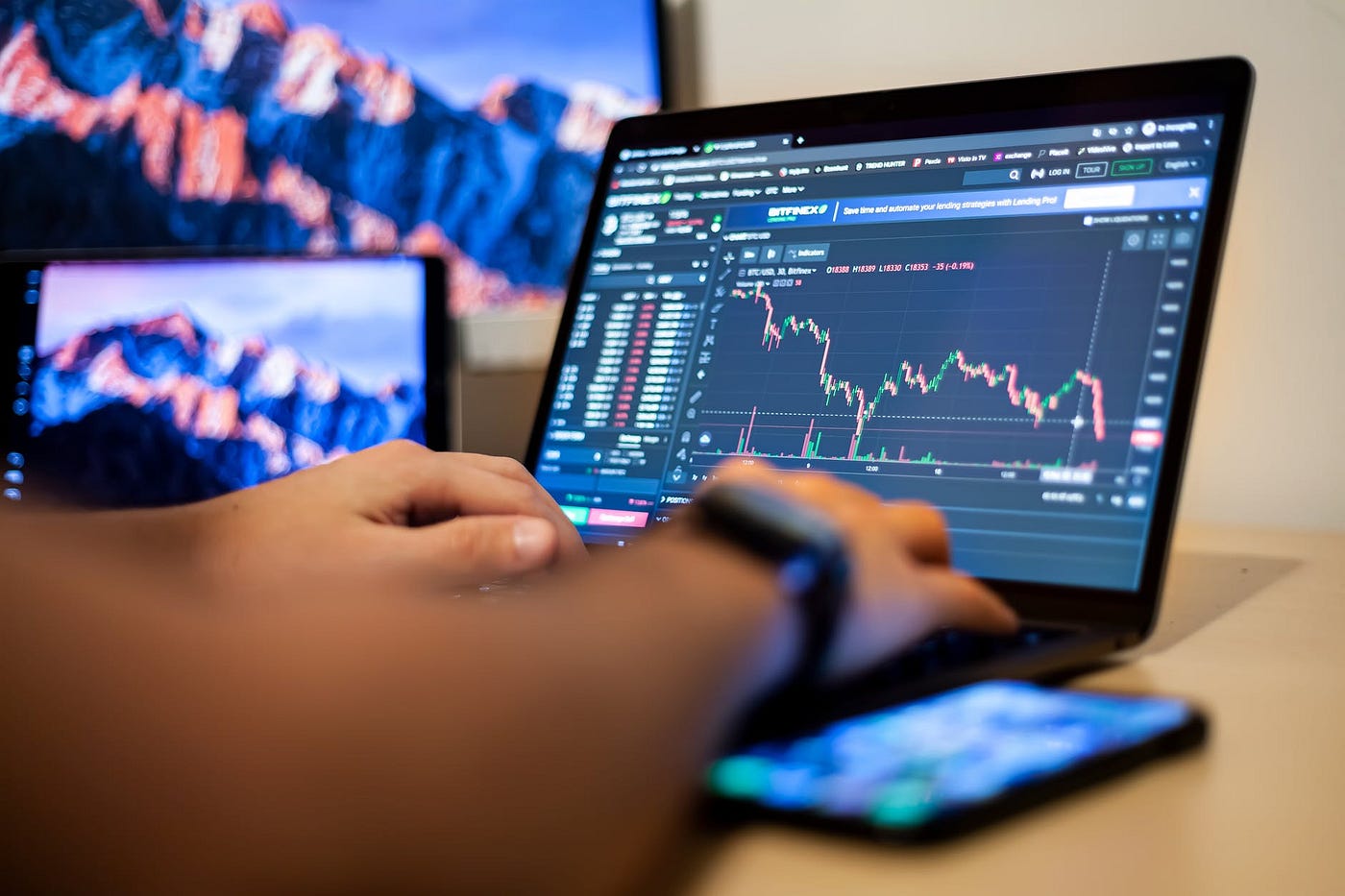In today's dynamic financial landscape, choosing the right cfd broker can be a game-changer for your investment strategy. But with so many options on the market, how do you choose the right one? Whether you're a seasoned trader or new to the world of CFDs, this guide will help you make an informed decision. Let's dive into the critical factors that should influence your choice.

Understanding CFD Trading
CFD trading allows you to speculate on the price movements of various financial instruments without owning the underlying asset. This can include stocks, commodities, indices, and cryptocurrencies. The primary appeal is the potential for high returns, but it also comes with significant risks, making the choice of broker incredibly important.
Why Choosing the Right Broker Matters
The right broker can provide you with essential tools, resources, and a user-friendly platform to enhance your trading experience. Conversely, a poor choice can lead to unnecessary fees, limited resources, and a frustrating user experience. Your broker is your partner in trading, and choosing wisely can set the foundation for your success.
Regulatory Compliance
One of the first factors to consider is whether the broker is regulated by a reputable financial authority. Regulatory bodies such as the Financial Conduct Authority (FCA) in the UK and the Australian Securities and Investments Commission (ASIC) ensure that brokers adhere to strict standards, providing a layer of security for traders.
Trading Platform Features
The trading platform is where you'll spend most of your time, so it needs to be intuitive and feature-rich. Look for platforms that offer real-time data, advanced charting tools, and seamless order execution. Some brokers also offer mobile trading options, which can be a significant advantage for traders on the go.
Fees and Spreads
Cost is a crucial factor in trading profitability. Brokers can charge various fees, including spreads, commissions, and overnight financing fees. It's essential to understand the fee structure of any broker you're considering to ensure it aligns with your trading strategy. Low fees can significantly impact your bottom line, especially for high-frequency traders.
Customer Support
Good customer support can make a world of difference, especially when you're facing issues that need immediate resolution. Look for brokers that offer 24/7 support through multiple channels, such as live chat, email, and phone. Prompt and knowledgeable customer service can save you time and stress.
Educational Resources
For those new to CFD trading, educational resources can be invaluable. Many top brokers offer tutorials, webinars, and comprehensive guides to help you understand the market and develop effective trading strategies. Even experienced traders can benefit from staying updated with the latest market trends and strategies.
Demo Accounts
A demo account allows you to trade with virtual money, giving you a risk-free opportunity to familiarize yourself with the platform and test your trading strategies. Most reputable brokers offer demo accounts, and it's a good idea to take advantage of this feature before committing real money.
Asset Variety
A diverse range of tradable assets allows you to capitalize on various market opportunities. Ensure that the broker offers a wide selection of CFDs, including stocks, indices, commodities, and cryptocurrencies. The more options you have, the better you can diversify your portfolio.
Leverage and Margin Requirements
Leverage can amplify your gains, but it also increases your risk. Different brokers offer varying levels of leverage, and it's crucial to understand the margin requirements and leverage ratios. Choose a broker that offers flexible leverage options that suit your risk tolerance and trading strategy.
Security Measures
Security is paramount in online trading. Look for brokers that use advanced encryption technologies to protect your personal and financial information. Additionally, check if the broker offers two-factor authentication (2FA) and other security features to safeguard your account.
Reputation and Reviews
Lastly, consider the broker's reputation. Look for reviews and testimonials from other traders to get a sense of their experiences. A broker with a solid reputation and positive feedback is likely to provide a reliable and satisfactory trading experience.
Conclusion
Choosing the right CFD broker involves careful consideration of various factors, including regulatory compliance, platform features, fees, customer support, and security measures. By taking the time to research and compare your options, you can find a broker that aligns with your trading goals and enhances your overall experience. Ready to take the next step in your trading journey? Explore our recommended brokers and start trading with confidence today!
 icons at the top right corner of the subsection.
icons at the top right corner of the subsection.